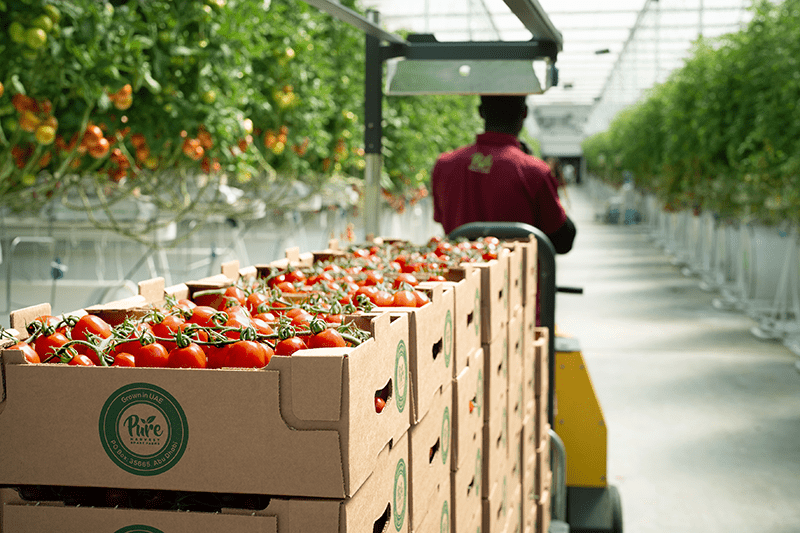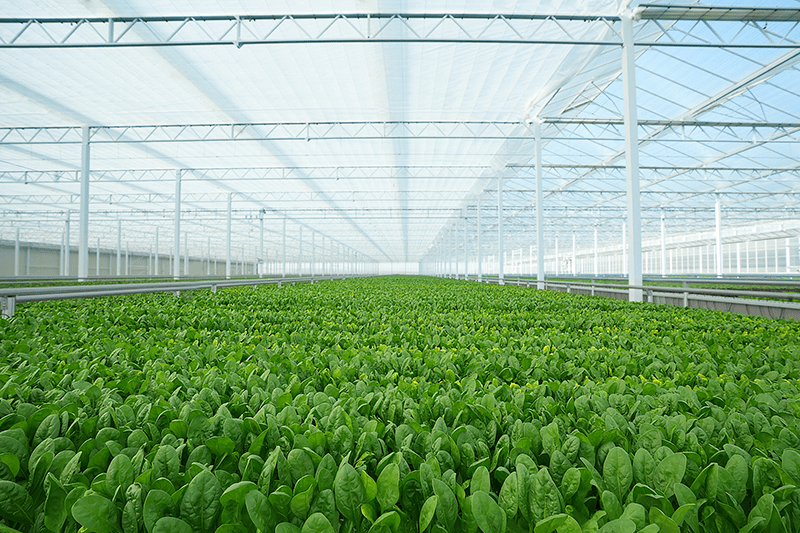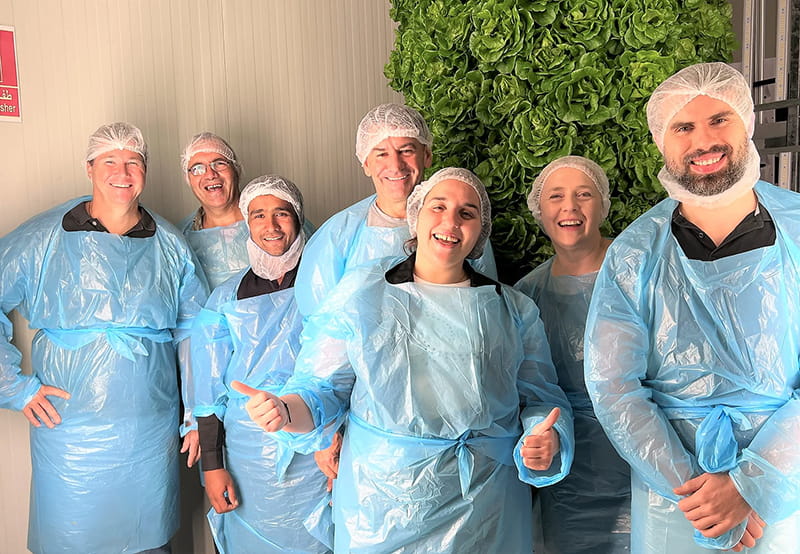Opening Ceremony lays the foundation for cross-sector collaboration and breakthrough solutions.
The UAE startups on a mission to change the way we eat and drink

Climate change imperils our most fundamental needs: shelter, safety and – perhaps most worryingly – food and water.
While billions of people worldwide depend on the output of fisheries and farms, these industries rely on predictable patterns of precipitation and temperature to remain productive. As marine life migrates in response to rising temperatures and extreme weather events wreak havoc on food production, our global food supply chain becomes more and more fragile.
Already, dramatic instances of climate-related food insecurity are playing out on the global stage. Production of essential food and ingredients has dropped dramatically or ground to a halt. For example, India restricted exports of rice, while drought in Brazil and Argentina shrivelled the yields of major crops. After years of failed rainy seasons in the Horn of Africa this year, Somalia faced a catastrophic food crisis bordering on famine.
In a vicious cycle, while agriculture is one of the sectors most vulnerable to climate change, it’s also one of the biggest contributors to greenhouse gas emissions. Experts estimate that global food systems accounted for 17 billion metric tonnes of carbon dioxide, through land use, raising livestock, household food consumption and waste, and the energy used to process and transport food.
As food crises multiply, the critical importance of bolstering our food systems and adapting to climate change has become clearer and more pressing. Leaders have signed international agreements like COP28’s UAE Declaration on Sustainable Agriculture, committing to strengthening and building resilient, adaptive food supplies.
Among these, the UAE is a rising star in the green agricultural transition.
As an arid, water-scarce country, the UAE is particularly vulnerable to the impacts of climate change. Recognizing the importance of building resilience in its water and food systems, the UAE has made climate adaptation a national priority, with long-term national roadmaps for climate adaptation and food security.
But when it comes to our natural resources, solutions must also come from the ground up. Startups are at the forefront of driving innovation in this space, taking steps to build smallholder resilience, protect food and water supplies and raise awareness of the importance of keeping bread on the global table.
Here are 4 startups from the UAE that are on a mission to change the way we eat and drink.
Rumbella
After major events when plates of bread and soup are carted back into the kitchen, or at the end of a busy day in a cafe, when there are still sandwiches on display, what happens to all that uneaten food and drink?
It’s a question that we’ve all considered, but one that food startup Rumbella has taken action on.
Instead of letting boxes and trays of edible food from supermarkets and events go to waste in landfills, they partner with food suppliers to resell surplus food to consumers through an app, at a steep discount to make it affordable to everyday consumers. Moreover, unused food is donated to charitable causes, and profits are used to plant trees.
With campaigns like their Magic Carpet, Rumbella is also raising awareness about the importance of individual responsibility to combat food waste and food insecurity in the region.


The founders of Pure Harvest see the desert landscape of the UAE as the next frontier for farming.
Constructing greenhouses amidst the Arabian desert’s dunes, Pure Harvest uses hydroponic farming to produce fresh seasonal vegetables year-round in one of the world’s harshest climates.
The startup’s counterintuitive idea has bloomed into a successful agritech business, with the company reporting their methods to be 7x more efficient than other desert farms and 30x more efficient than traditional field farming. In 2023, Pure Harvest was one of the best-funded startups in the region and has its sights set on expanding across the GCC, Southeast Asia and the Far East.
Founded at the Massachusetts Institute of Technology (MIT) and newly transplanted in the UAE, Gradiant is tackling one of the most pressing, urgent and fundamental problems we face: protecting our water.
With big industries using and then releasing vast amounts of untreated water, we are rapidly depleting the planet’s reserves of usable water. Gradiant aims to plug into the system, using tech and chemical solutions to reduce their partners’ water consumption and treat wastewater at scale.
The startup, valued at USD 1 billion in 2023, has made a splash. In a little over a decade, they have built 2,532 water treatment plants, established 20 global offices and provided solutions in 90 countries.
The Food Engine:
Using aeroponic farming – growing crops without soil – The Food Engine is combining technology and biology to expand our options for growing food.
The Food Engine grows plants in a tower garden and supplies them with food through a mist of nutrient-rich water into the air around them. The company has found that this careful control can lead to faster growth and higher crop yields, and it uses 90% less water than traditional agriculture.

The startup has been recognized by the Ministry of Industry and Advanced Technology, garnering awards ahead of innovators from Japan, Germany, India and the UK.
These and other innovative regional startups are driving practical change in the UAE's agriculture and food sector. With the agility of small businesses, the partnerships and supportive ecosystem in the region, and leadership in climate innovation at the national level, the UAE’s buzzing startup sector is at the forefront of developing and deploying cutting-edge adaptation and mitigation technology.

